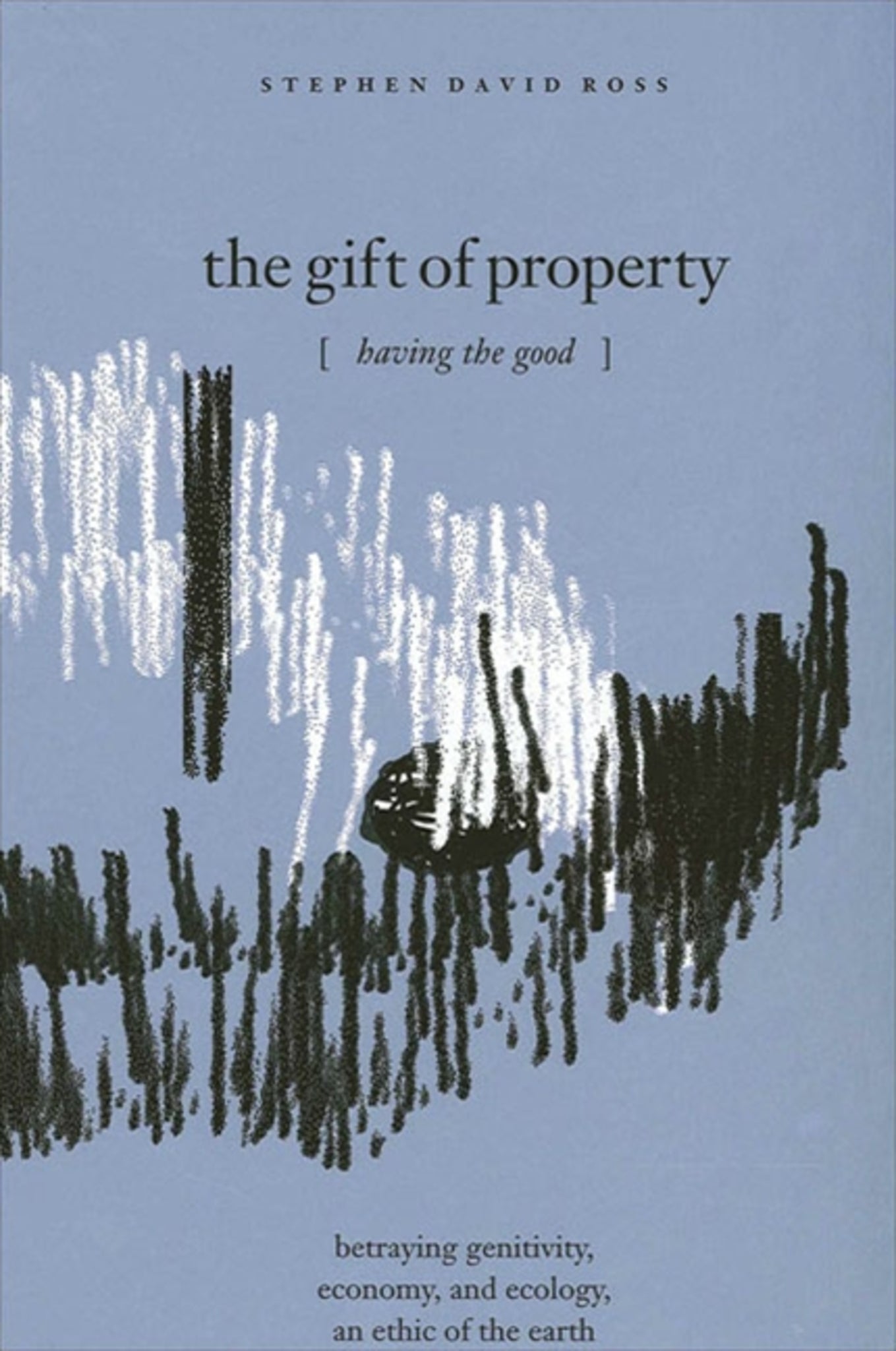We're sorry. An error has occurred
Please cancel or retry.
The Gift of Property

Some error occured while loading the Quick View. Please close the Quick View and try reloading the page.
Couldn't load pickup availability
- Format:
-
01 February 2001

Explores the human propensity for owning and having.
This is the fifth volume in an ongoing project reexamining the philosophic tradition from the standpoint of the good. The ongoing project seeks to understand humanity's relation to nature in a profoundly ethical way. This volume develops an understanding in ecological terms. It does so by examining the notion of giving in relation to having, calling into question the ways in which being human, and being itself, have been understood in terms of what one must have and possess in order to live well-goods, qualities, a body, a dwelling, freedom, land, children, family, things, knowledge, power, authenticity-all forms of genitivity. Having is explored in terms of ecstasy, squander, generosity, and sustenance, then as betrayal and forgiveness. Betrayal is understood as the expressiveness of things, always promised to circulation in abundance beyond containment, use or profit: the circulation of goods and commodities together with the circulation of images, meanings, language, and writing.


"The phenomenon of the gift, and the aporia of gift-giving and gift-receiving, has intrigued and puzzled some of the best minds from the time of Nietzsche and Maus to Jacques Derrida, and beyond. Ross succeeds in addressing this phenomenon from a multitude of perspectives and provides highly imaginative and provocative insights along the way. He addresses a cluster of issues that are veritably at the cutting edge of contemporary philosophical interests, and particularly as these interests have come to the fore in recent continental philosophy." — Calvin O. Schrag, author of The Self after Postmodernity
(Abridged)
General Preface to the Project: Gifts of the Good
Introduction: Giving and Taking in the Genitive
1. Stage Properties
2. Genitive Properties
3. Sovereign Properties
4. Destined Properties
5. Family Properties
6. Enclosed Properties
7. Domestic Properties
8. Gender Properties
9. Free Properties
10. Self Possession
11. Ecstasy
12. Squander
13. Generosity
14. Sustenance
15. Giving
16. Betraying
17. Forgiving
Notes
Bibliography
Index



